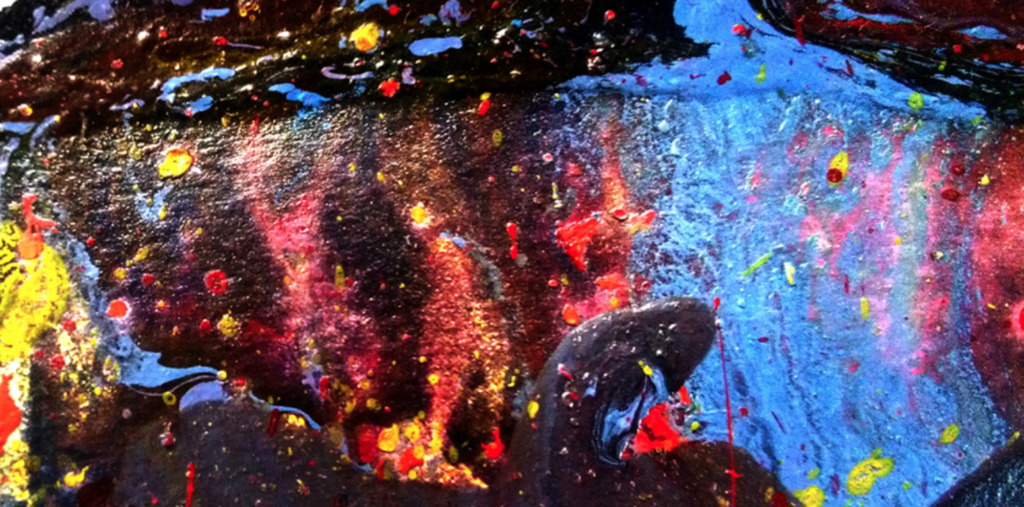blog post
Capabilities of AI

Just over a year ago, a unique gathering of tech innovators and video production experts convened in a dual-screen cinema in Manhattan, marking the debut film festival by the startup Runway.
This event showcased films crafted with the assistance of artificial intelligence, earning high praise from acclaimed director Darren Aronofsky for the technology’s transformative potential in filmmaking. The showcase offered a glimpse into the capabilities of AI in enhancing visual storytelling, leaving attendees in awe of its possibilities.
Fast forward to the months leading up to the festival’s second edition slated for May, and the landscape of AI in video production has seen monumental advancements. No other technology in history has demanded such attention and adjustment.
Innovations such as Runway’s Gen-2, Google’s Lumiere, and OpenAI’s Sora have set new benchmarks in creating hyper-realistic videos. Additionally, the dialogue around AI in the creative industry has evolved, underscored by significant developments in Hollywood’s labor discussions concerning AI’s role in content creation.
The rapid progression of generative AI technologies capable of producing convincingly real visuals and narratives positions video generation as the next frontier in digital innovation.
Despite its nascent stage, the technology prompts critical conversations around ethical considerations, including copyright concerns, labor implications, and the potential for misinformation.
Recent advancements by companies like Runway, Google, and OpenAI have propelled video generation technology forward, introducing more sophisticated and visually consistent tools. These tools have not only expanded creative possibilities but have also presented technical and ethical challenges, from rendering limitations to concerns over the use of copyrighted materials and the considerable computational power required.
The film industry, a sector perennially at the crossroads of innovation and tradition, finds itself at the center of these discussions. Recent meetings between OpenAI and Hollywood stakeholders reflect a continuing interest in exploring AI’s creative applications in filmmaking.
Author
Steve King
Managing Director, CyberEd
King, an experienced cybersecurity professional, has served in senior leadership roles in technology development for the past 20 years. He began his career as a software engineer at IBM, served Memorex and Health Application Systems as CIO and became the West Coast managing partner of MarchFIRST, Inc. overseeing significant client projects. He subsequently founded Endymion Systems, a digital agency and network infrastructure company and took them to $50m in revenue before being acquired by Soluziona SA. Throughout his career, Steve has held leadership positions in startups, such as VIT, SeeCommerce and Netswitch Technology Management, contributing to their growth and success in roles ranging from CMO and CRO to CTO and CEO.
